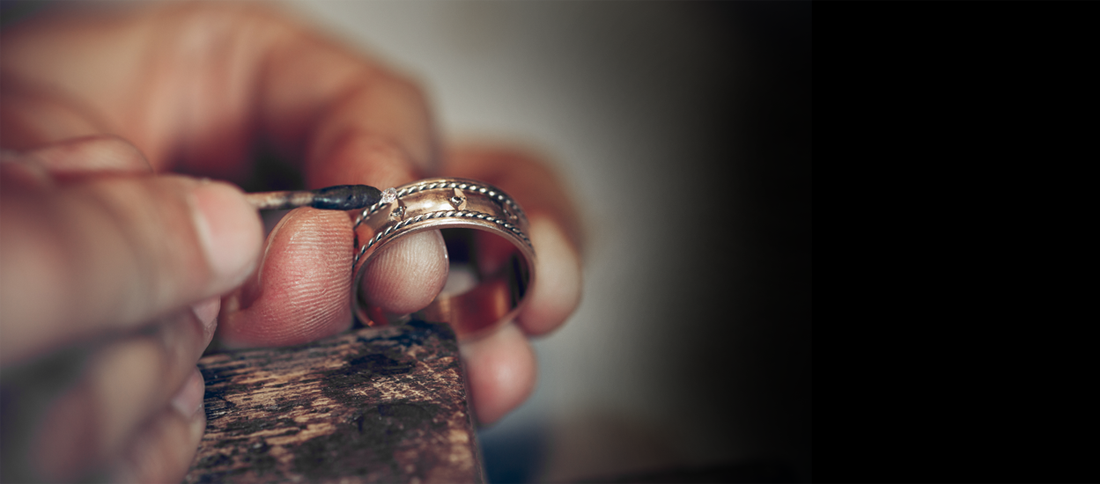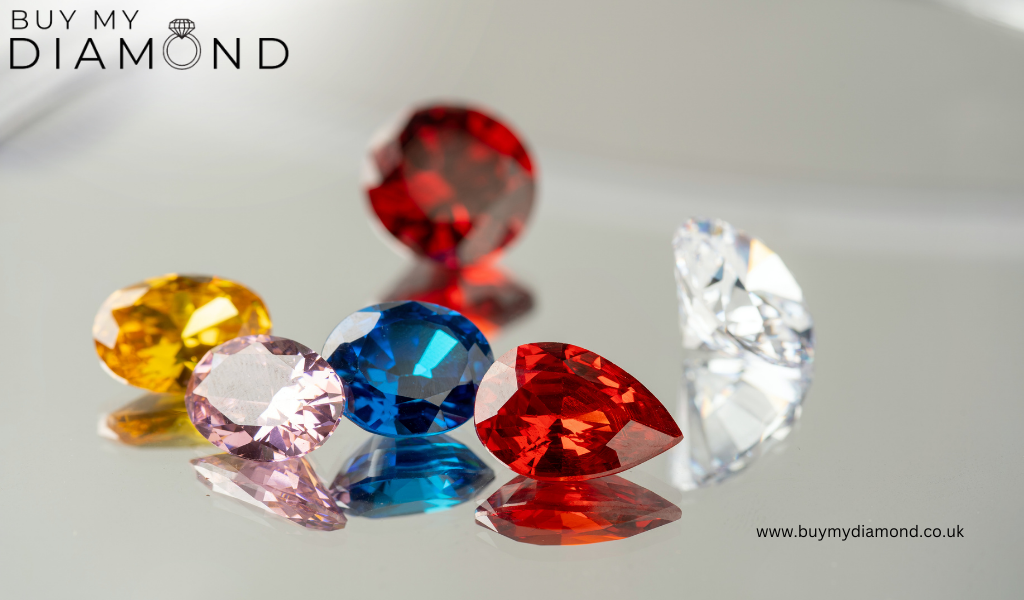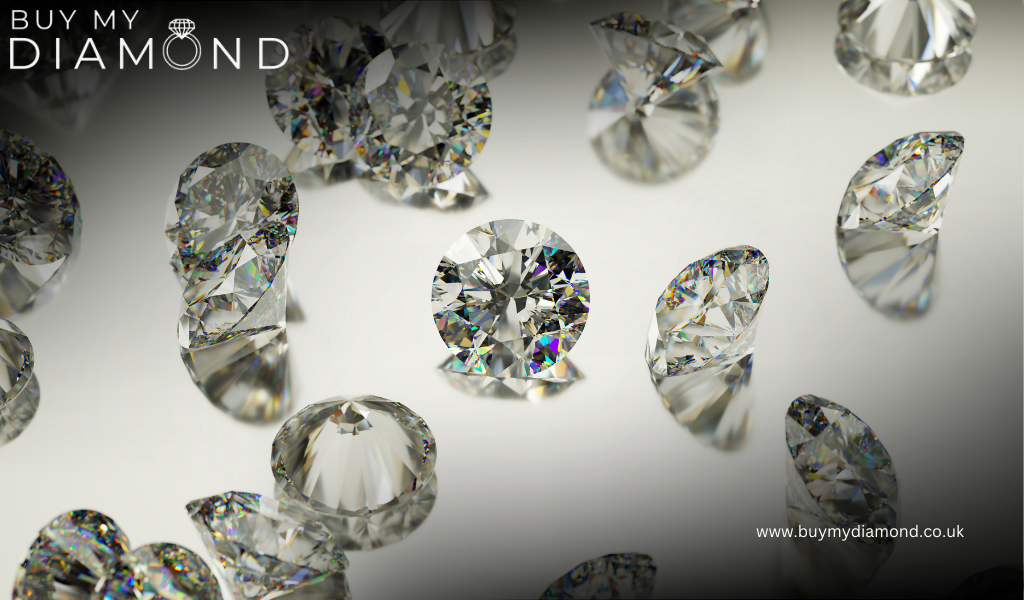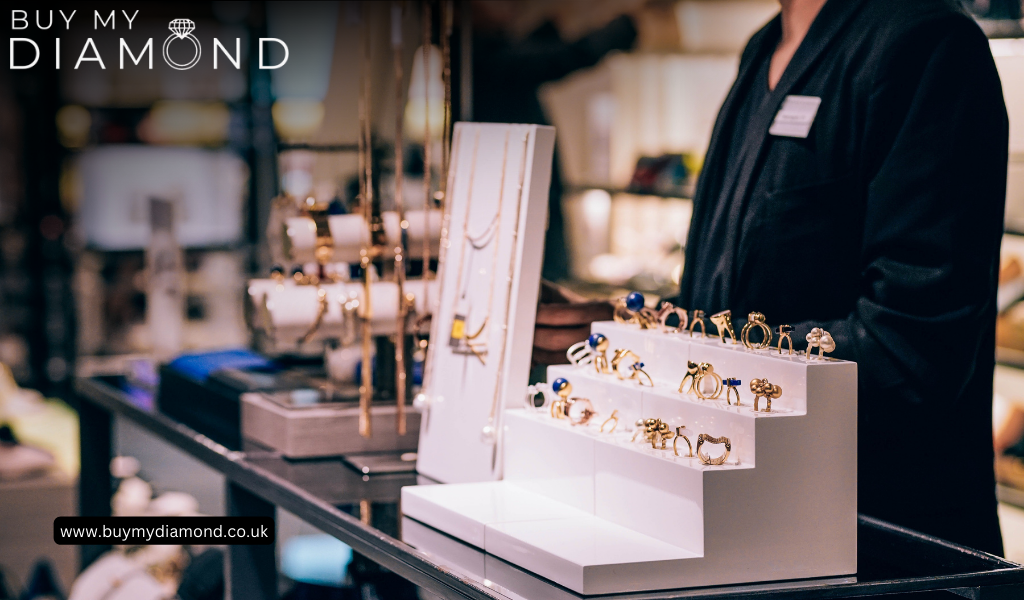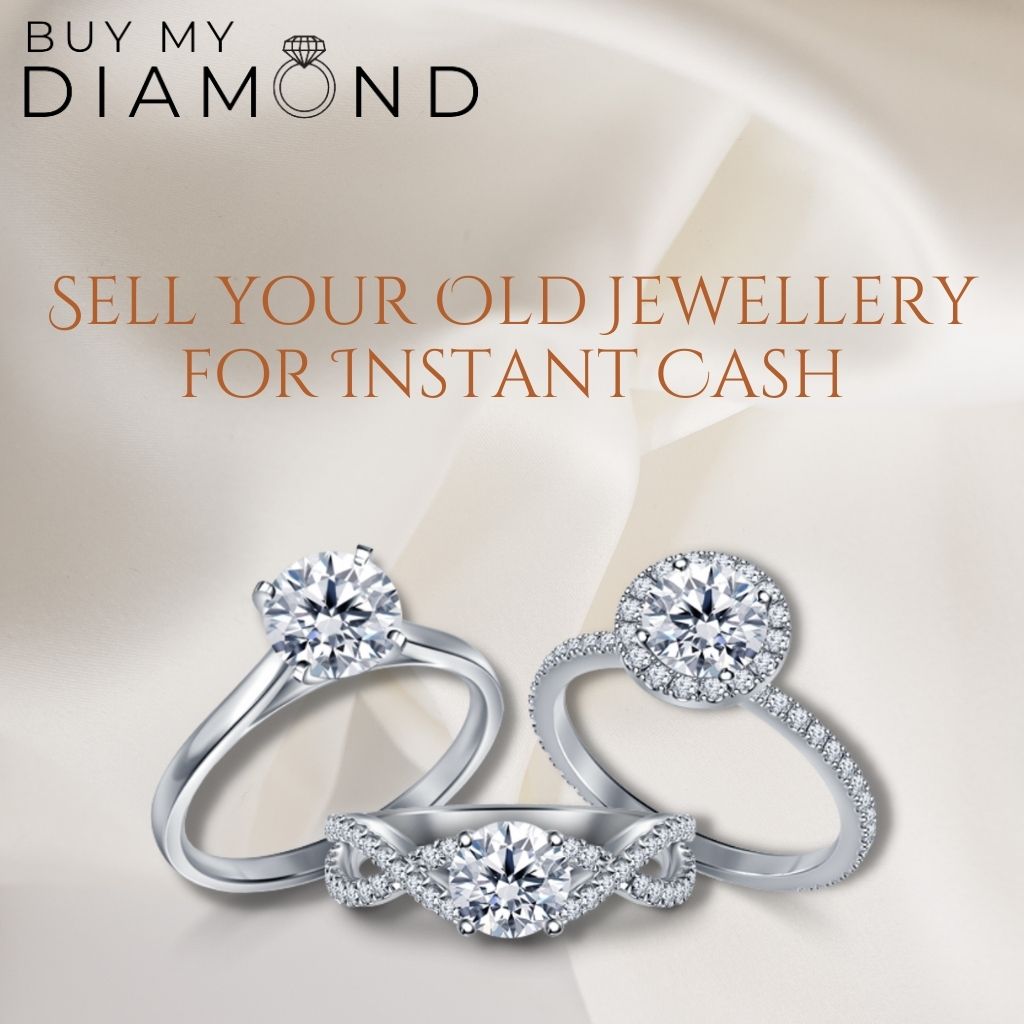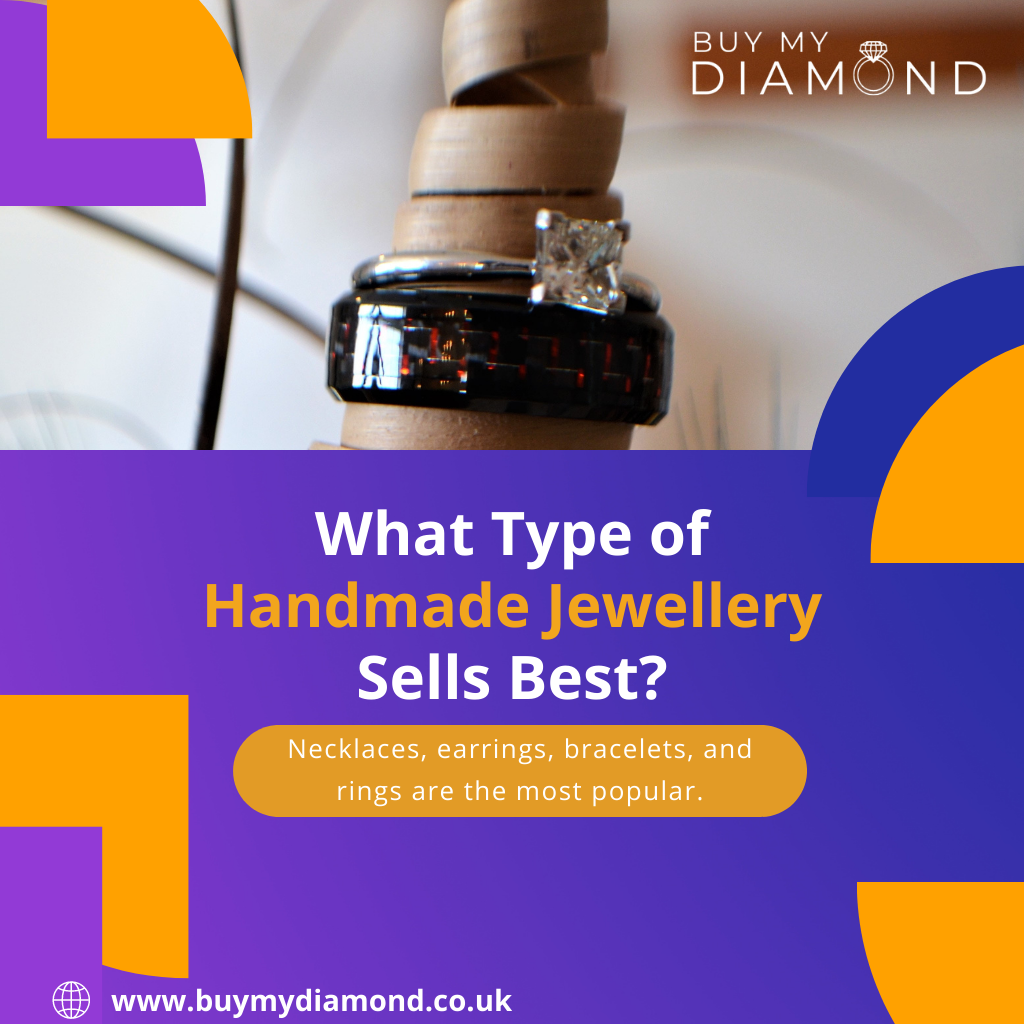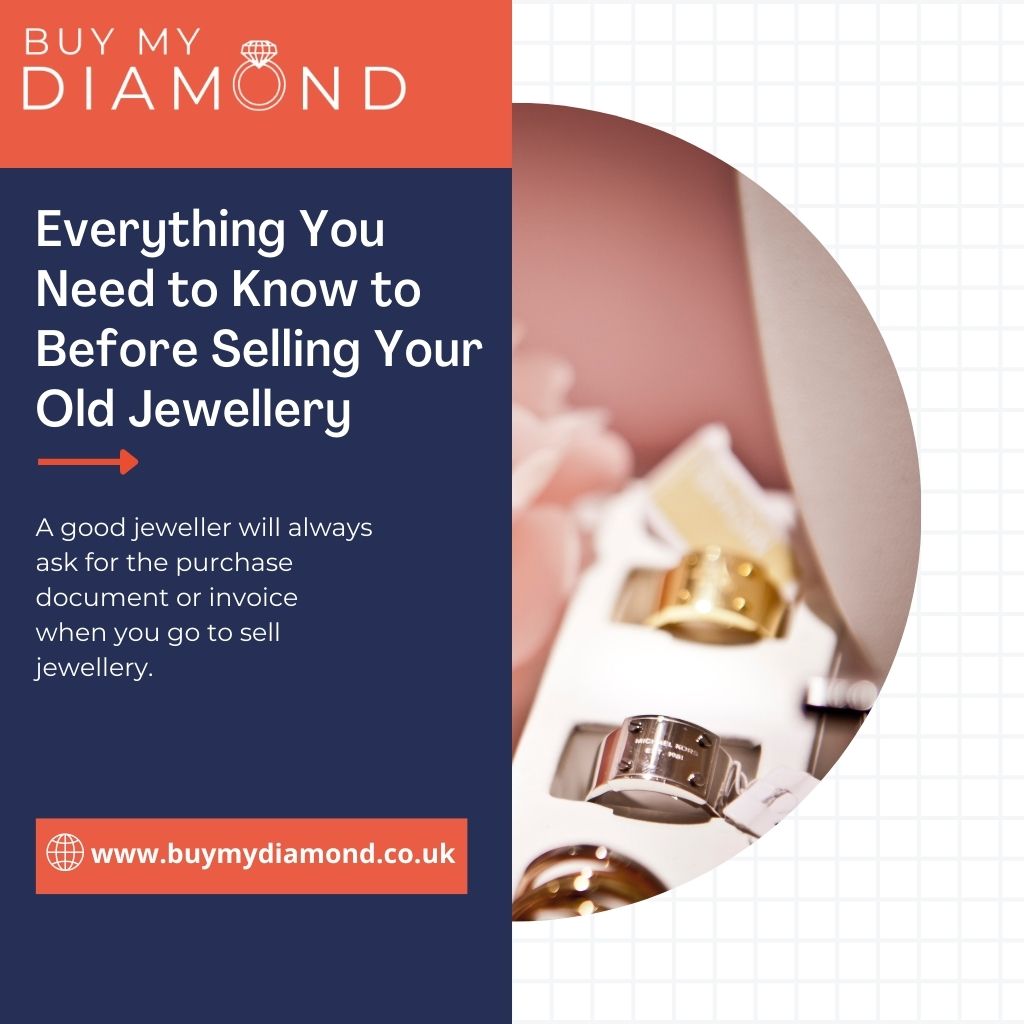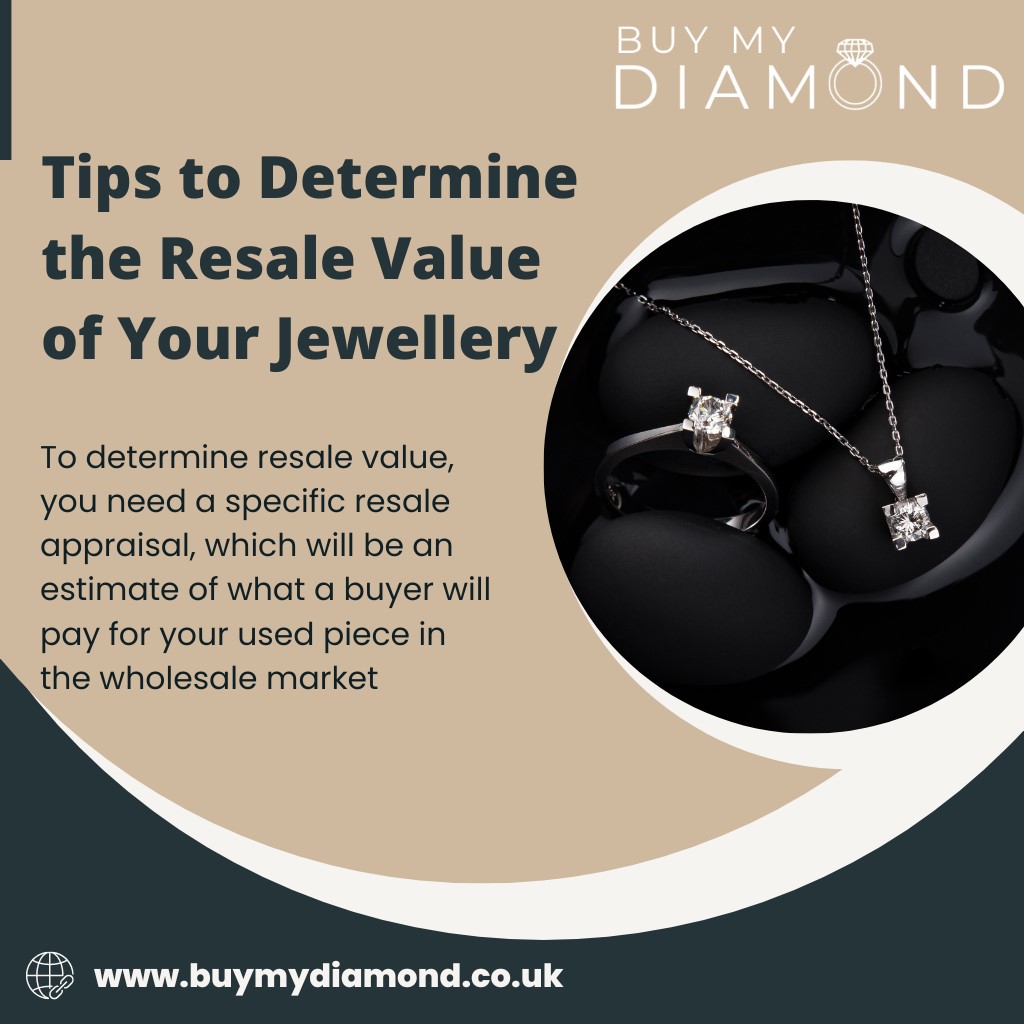How to Start Your Journey as a Jewellery Reseller?
The business of reselling jewellery is a very exciting one for those who can see quality and value. Starting a business in buying and selling second-hand jewellery may give you financial benefits as well as personal satisfaction. To turn into a jewellery reseller, you need knowledge, understanding of the market, and very good skills in networking. Starting investment might be small when you compare it to many other businesses. This makes the business open for entrepreneurs of different financial levels.
We will see the ways you can create a prosperous jewellery reselling enterprise, starting from scratch.
1. Know the Jewellery Resale Market
The second-hand jewellery industry has expanded significantly over the past few years. Increasingly, consumers see pre-owned jewellery as sustainable and cost-effective. This trend presents a rich soil for new resellers to emerge and find a foothold.
The most successful jewellery reseller operations understand their target market clearly. Some focus exclusively on high-end pieces, while others cater to mid-range customers seeking quality at more affordable prices. Knowing who your customers are shapes everything from your inventory selection to your pricing strategy and marketing approach.
2. Building Your Knowledge Base as A Jewellery Reseller
Jewellery reselling success relies significantly on product knowledge. You must recognise genuine pieces, notice quality craftsmanship, and see valuable gemstones and metals. Begin by studying books on identifying and authenticating jewellery. Take gemology courses if you can. Even brief online courses are worth it.
Practice looking at jewellery whenever possible. Go to estate sales, antique stores, and jewellery stores in order to learn. Successful resellers often start out specialising in a niche area - maybe rings that are antiques or sterling pieces - and then build their expertise.
It takes time to learn how to recognise hallmarks, maker's marks, and quality marks, but it is worth it. These tiny stamps or inscriptions can be the key to a piece's value and authenticity. Spending money on simple equipment such as a jeweller's loupe (magnifying glass) and a digital scale will enable you to inspect pieces correctly.
3. Sourcing Inventory Effectively For Jewellery Buyers
Acquiring quality items at prices that permit resale profitably demands creativity and perseverance. Estate sales frequently present great opportunities to buy jewellery at reasonable prices. The sellers may not know the value of what they're selling. Get to the sale early to get the best pick.
In-person auctions and online auctions can bring quality finds. Begin with smaller auctions in your hometown where the competition may be less intense. After you get your feet wet, you can graduate to the large auction houses. Pawn shops often sell items for less than they're worth if they've had them on their shelves for an extended period.
Establishing relationships with jewellery buyers employed at reputable stores can open up good connections. These individuals could refer customers who desire to sell items that would not suit their store's current collection. Networking other dealers may appear counterintuitive, but experienced resellers often swap leads or co-purchase bigger items.
4. Setting Up Your Sales Channels
Successful jewellery resellers today usually sell on several platforms. Websites such as eBay, Etsy, and Ruby Lane provide exposure to global customers. Each platform is different in audience and fee arrangement, so explore thoroughly before making a commitment.
Most resellers discover that blending internet sales with the occasional face-to-face events is a robust business model. Consider attending antique shows and craft fairs or taking a booth at a local flea market. These events provide an opportunity for customers to see your items up close and assist you in developing relationships with repeat customers.
5. Pricing Strategy and Profit Margins
Setting the right prices requires balancing what the market will bear against your need for profitability. Research comparable items thoroughly before setting prices. When you sell second hand jewellery online, remember that buyers can easily compare your offerings with similar pieces.
The majority of successful resellers are looking to make a minimum of 30-50% profit on each item. High-end or hard-to-find items may be sold for wider margins, while staple items may sell at lesser profits. Account for all of your expenses when determining margins, including buy-in price, restoration costs if necessary, photos, listing costs, shipping supplies, and your own time.
Related Blog: How to Spot Quality Second-Hand Jewelry: Tips for Smart Buyers

6. Marketing Your Business Effectively
Good photography is the best advertising tool for jewellery resellers. Spend money on good lighting and learn to record the details that make every item unique. Crisp, compelling photos from several angles assist in establishing buyer trust, particularly when customers are not able to see the pieces in hand.
Descriptive, precise information creates trust among potential buyers. Provide all information regarding materials, conditions, measurements, and provenance. Being open about how you buy and price jewellery will entice more sellers to your shop if you sell jewellery for cash.
In Conclusion
Beginning your journey as a Jewellery Reseller business blends love with profit-making. The journey involves ongoing education, cautious buying choices, and clever selling tactics. Start by doing thorough research and having practical expectations. Start small, reinvest profits, and build systematically.
Keep in mind that reputation is key in this industry. By presenting accurate descriptions, reasonable prices, and good customer service, you'll have a repeat customer base. The jewellery resale business provides space for new businessmen and women who are ready to put the effort in to build their businesses.
FAQs about Jewellery Reseller
Do I need special qualifications to resell jewellery?
No formal qualifications are required to resell jewellery, but learning helps. Courses in gemology or antique jewellery can boost your buying skills and avoid costly mistakes.
How do I authenticate vintage or designer jewellery without being an expert?
Building your own expertise is ideal, but you can hire certified gemologists to authenticate valuable items. Learn designer hallmarks and materials to spot fakes.
Do I need a license to become a jewellery reseller?
In most cases, you don’t need a specific license to start reselling jewellery, but having a business license and understanding local regulations can help you operate legally and build customer trust.



